Publikationen
-
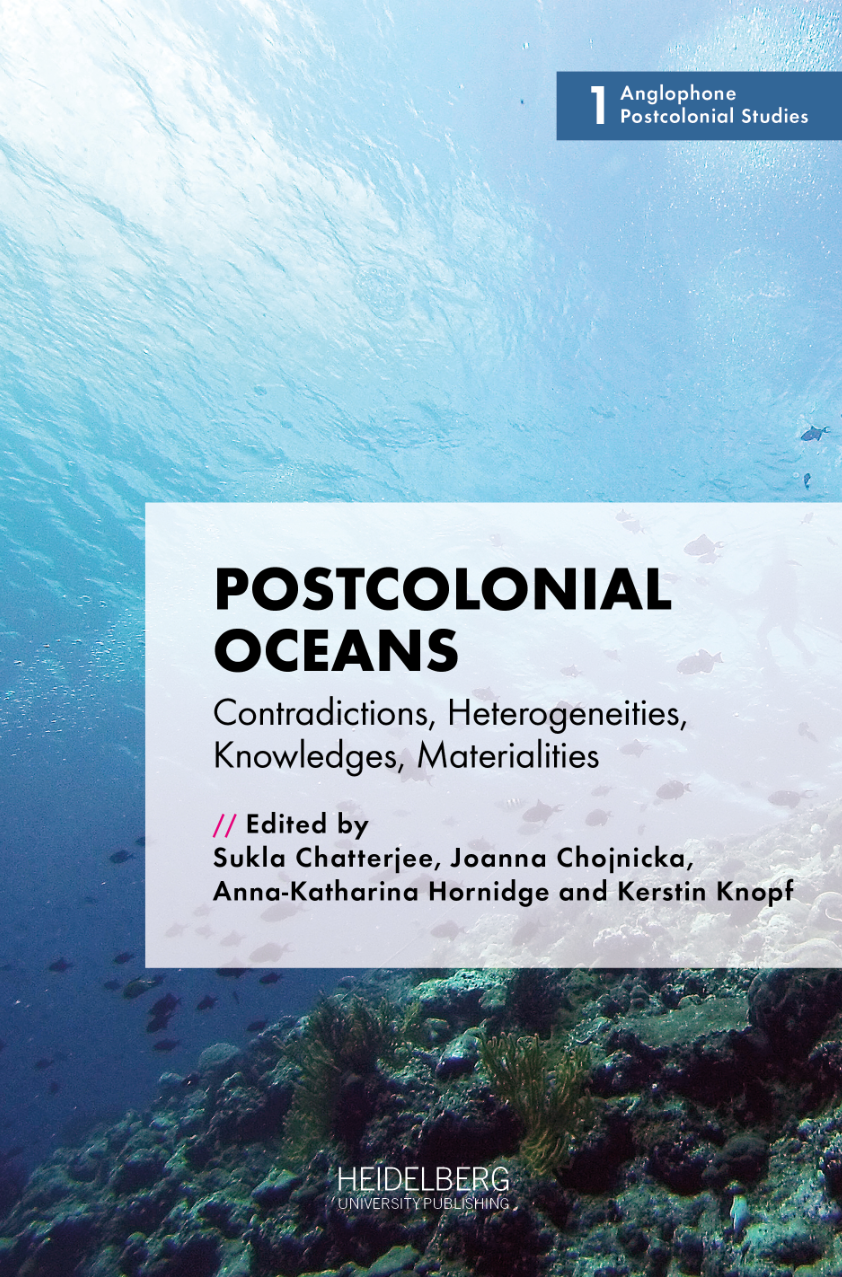 Introduction. Postcolonial Oceans. Contradictions, Heterogeneities, Knowledges, Materialities
Introduction. Postcolonial Oceans. Contradictions, Heterogeneities, Knowledges, Materialities
-
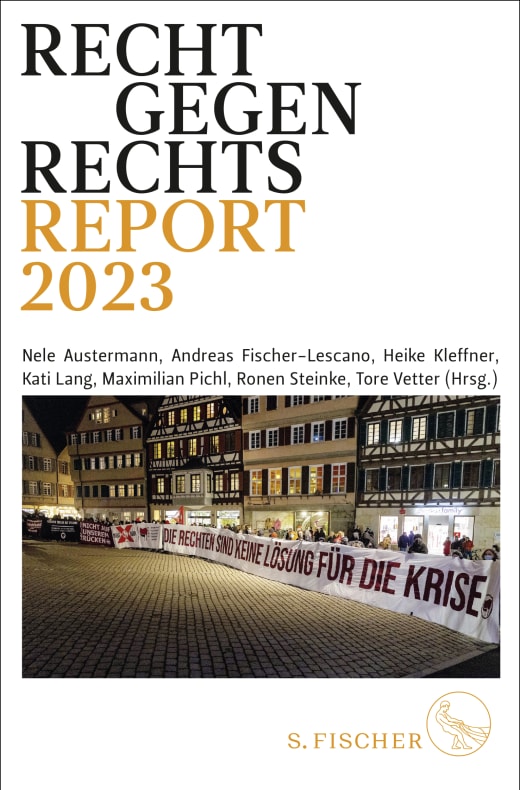 Babycaust? Keine Volksverhetzung! Die deutsche Justiz versagt bei der Bekämpfung von Holocaustverharmlosung und Aufstachelung zum Hass
Babycaust? Keine Volksverhetzung! Die deutsche Justiz versagt bei der Bekämpfung von Holocaustverharmlosung und Aufstachelung zum Hass
-
 Making a Theme Audible. Imparting Non-Discursive Knowledge in Natural Philosophy by Means of Poetry and Aphorism
Making a Theme Audible. Imparting Non-Discursive Knowledge in Natural Philosophy by Means of Poetry and AphorismDieser Aufsatz beschäftigt sich mit Poesie als einem Instrument zur Vermittlung von Wissen in der Naturphilosophie. Es wird der erkenntnistheoretische und kulturelle Hintergrund erörtert, vor dem frühgriechische Denker wie Parmenides und Empedokles in Versen schrieben, und es wird untersucht, warum die Versform als bevorzugtes Mittel zur Vermittlung wichtiger und oft nicht-diskursiver Erkenntnisse über die Natur angesehen wurde. Es geht insgesamt darum, wie Poesie „ein philosophisches Thema hörbar“ machen sollte, um eine Einsicht hervorzurufen, die ein großes Erfahrungsfeld strukturiert. Sehr viel später finden ähnliche Überzeugungen eine (letzte) Blütezeit in Goethes Versuch, ein Naturgedicht im lukrezischen Sinne zu schreiben. Auch wenn neue Erkenntnisse vor allem aus der klassischen deutschen Philosophie auf Goethe einwirkten, zeigen seine Beweggründe, weiterhin Naturdichtung betreiben zu wollen, auffallende Kontinuitäten zu den Denkern der Antike. Der Aufsatz endet mit einer kurzen Darstellung späterer Versuche, weiterhin „philosophische Themen hörbar“ zu machen, während gleichzeitig die Fragmentierung von Wissen zunimmt.
-
 The Colonial Making of Bremen’s Peri-Urban Port Area
The Colonial Making of Bremen’s Peri-Urban Port Area
-
 Die Region Bremen. Herausforderungen der regionalen Verflechtung der Stadt Bremen mit ihrem niedersächsischen Umland
Die Region Bremen. Herausforderungen der regionalen Verflechtung der Stadt Bremen mit ihrem niedersächsischen Umland
-
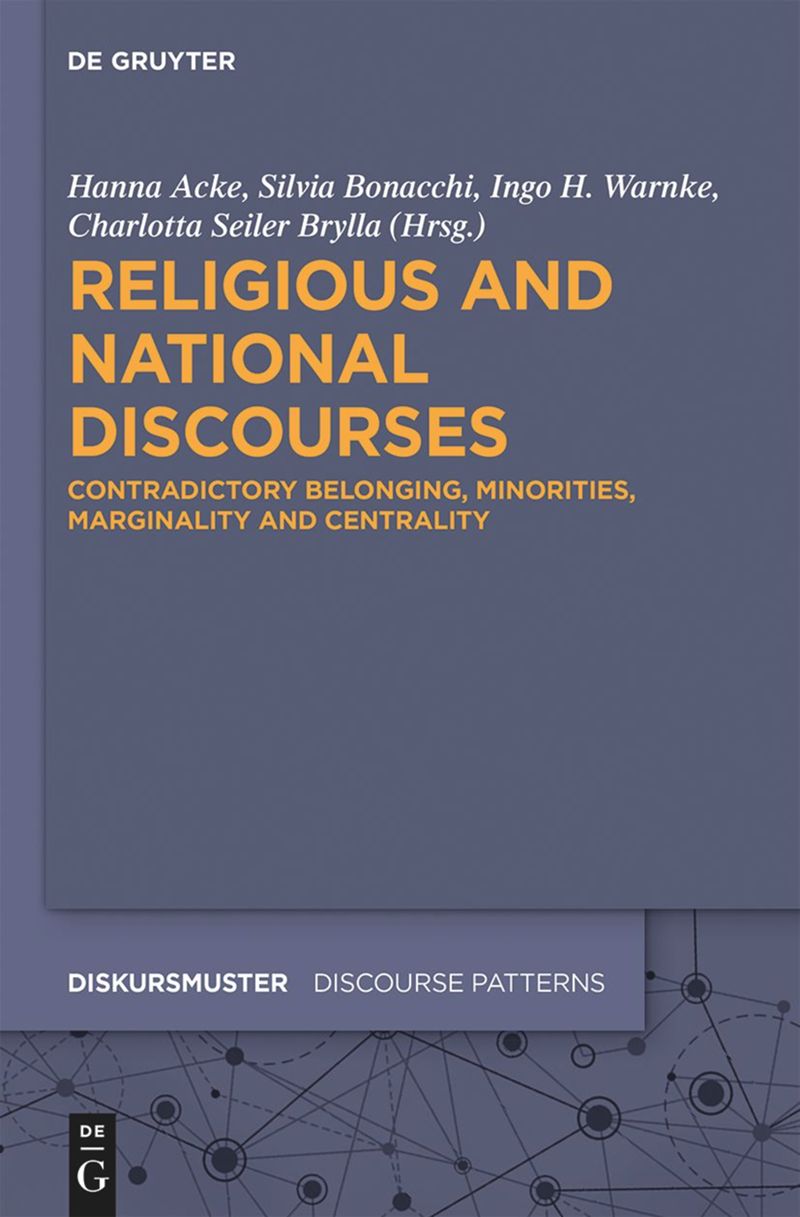 Minorities and Majorities, Marginality and Centrality. An Introduction
Minorities and Majorities, Marginality and Centrality. An Introduction
-
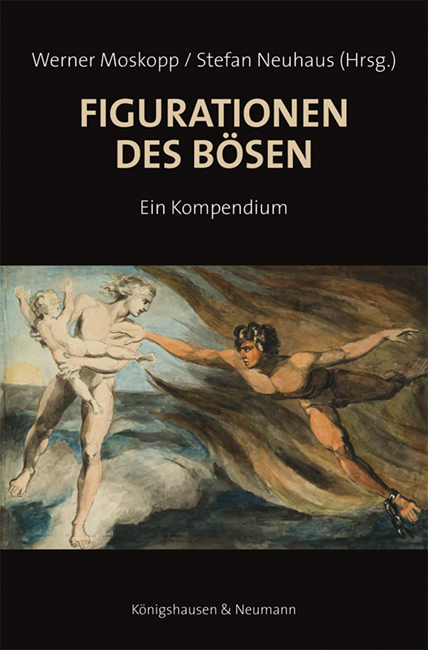 Hagen von Tronje: Vom Antagonist zum Bösewicht zum Antiheld. Überlegungen zur diachronen Entwicklung und Rezeption einer Antagonistenfigur
Hagen von Tronje: Vom Antagonist zum Bösewicht zum Antiheld. Überlegungen zur diachronen Entwicklung und Rezeption einer Antagonistenfigur
-
 Corps et capital dans le roman français du XIXe siècle. Körper und Kapital im französischen Roman des 19. Jahrhunderts
Corps et capital dans le roman français du XIXe siècle. Körper und Kapital im französischen Roman des 19. JahrhundertsDer lebendige Körper und das kapitalistische Denken der modernen Ökonomie scheinen unvereinbare Gegenstände zu sein. Dennoch sind ihre Geschichte und Wahrnehmung spätestens seit der Zeit der Industrialisierung und Kapitalisierung im 19. Jahrhundert untrennbar miteinander verbunden. Unser Band betrachtet diese verflochtene Geschichte und die verschiedenen Widersprüche, die sich daraus entwickeln.
Seit Pierre Bourdieu wissen wir, dass der Körper ein inkorporiertes kulturelles und soziales Kapital darstellt. Er ist eine Ware und ein Produktionsmittel, ein Zeichen der Zugehörigkeit zu einer sozialen Klasse, ein Ort, an dem Geschlechter- und Machtverhältnisse ausgehandelt werden oder ein Vorwand für soziale Ausgrenzung und Rassismus. Der Körper ist Gegenstand von Bestrafungen, Sanktionen und sozialer Kontrolle, Träger von Affekten, Obsessionen und Krankheiten sowie Ort der Rebellion und des Widerstands. All das erzählen die Romane des 19. Jahrhunderts, die in den Beiträgen dieses Bandes analysiert werden. Aus der Perspektive der aktuellen Body Studies schlagen wir eine neue Lesart der großen Geschichten von Balzac bis Zola über Mirbeau, Maupassant, Louise Michel, Georges Sand, Rachilde, Eugène Sue und Huysmans vor, um anhand ihrer Texte zu zeigen, wie die Bilder vom Körper und die Politik des Kapitals miteinander verflochten sind und so einen zentralen Teil der Vorstellungswelt und des Gedächtnisses der französischen (wie auch der nördlichen/westlichen) Gesellschaft des 19. Jahrhunderts bildet.
-
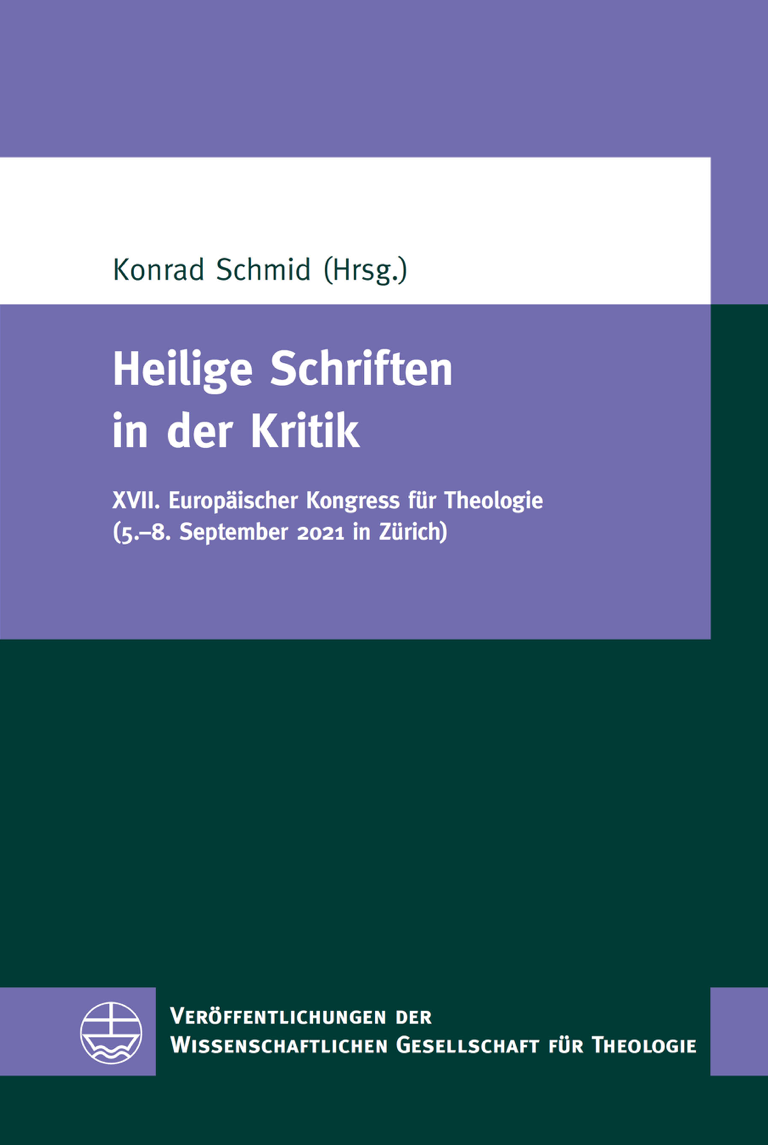 Aristokratie der Buchreligionen? Heilige Schriften aus religionswissenschaftlicher Perspektive
Aristokratie der Buchreligionen? Heilige Schriften aus religionswissenschaftlicher Perspektive
-
 Agency and Incentives of Diasporic Political Influencers on Facebook Malawi
Agency and Incentives of Diasporic Political Influencers on Facebook MalawiThis article examines the agency and incentives that drive the activism of diasporic political influencers on “Facebook Malawi,” an online imagined political community. In their seminal work on “social media dissidents” and “social media self-made activists” in the Global South, Matsilele and Sharra demonstrate that social media activists engage with different strategies to initiate movements, mobilize citizens, and create their brands in strong opposition to authoritarian regimes which repositions them as freedom fighters in the eyes of the masses and enemies of the state. Correspondingly, we frame diasporic political influencers as actors aided by digital technologies who engage in “long-distance nationalism” on Facebook against authoritarianism in the homeland. We deploy a qualitative mixed methods approach to analyze Facebook data of two diasporic political influencers, Onjezani Kenani and Manes Winnie Hale, who gave informed consent to use their Facebook data generated in 2018 and 2021, a period preceding and following the 2019 Malawi tripartite elections. A thematic analysis of 250 Facebook posts and interview data with the two influencers illustrates how they exercise their agency in their quest for a vision of a better Malawi while navigating a complex and ambivalent web of online and offline threats, incentives, and interests. Implicated in the political communication and mobilization of the two are different strategies that include verbal inventiveness, trolling, and exposing. The article also shows how the concept of long-distance nationalism needs to be adapted in studying diasporic political influencers.
-
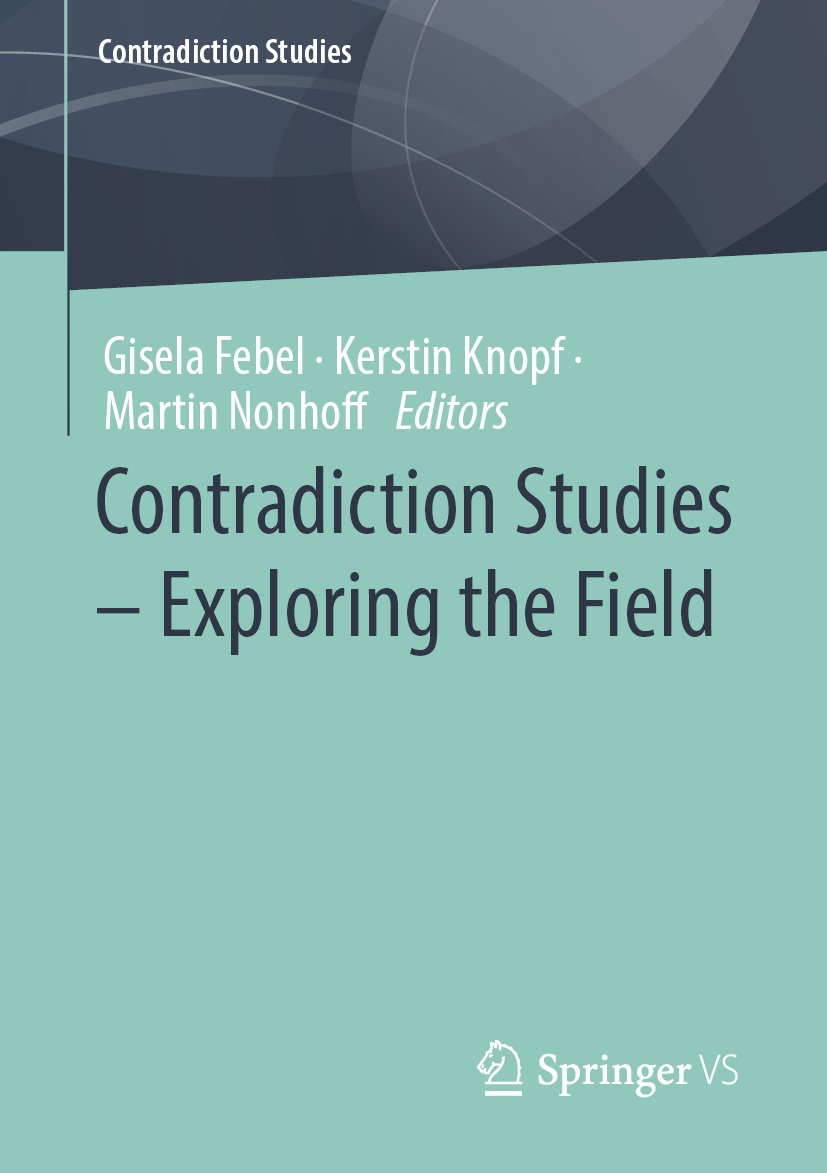 Contradiction Studies – Exploring the Field. An Introduction
Contradiction Studies – Exploring the Field. An IntroductionSince antiquity in Greece, the Law of Non-Contradiction (LNC) is considered to be the foundation of all philosophy. As Aristotle maintains in Metaphysics, “the same attribute cannot at the same time belong and not belong to the same thing and in the same respect” (1005b, 19–23).
-
 Contradiction Studies – Exploring the Field
Contradiction Studies – Exploring the Field“Contradiction” is a core concept in the humanities and the social sciences. Beside the classical ideas of logical or dialectical contradiction, instances of “lived” contradiction and strategies of coping with it are objects of this study. Contradiction Studies discuss the many ways in which explicit or implicit contradictions are negotiated in different political or cultural settings. This volume collects articles that tackle the concept of contradiction, practices of contradicting and lived contradictions from a number of relevant perspectives and assembles contributions from linguistics, literary studies, philosophy, political science, and media studies.
-
 Multidirektionale Lexik in der Diskursgeschichte des 20. Jahrhunderts
Multidirektionale Lexik in der Diskursgeschichte des 20. Jahrhunderts
-
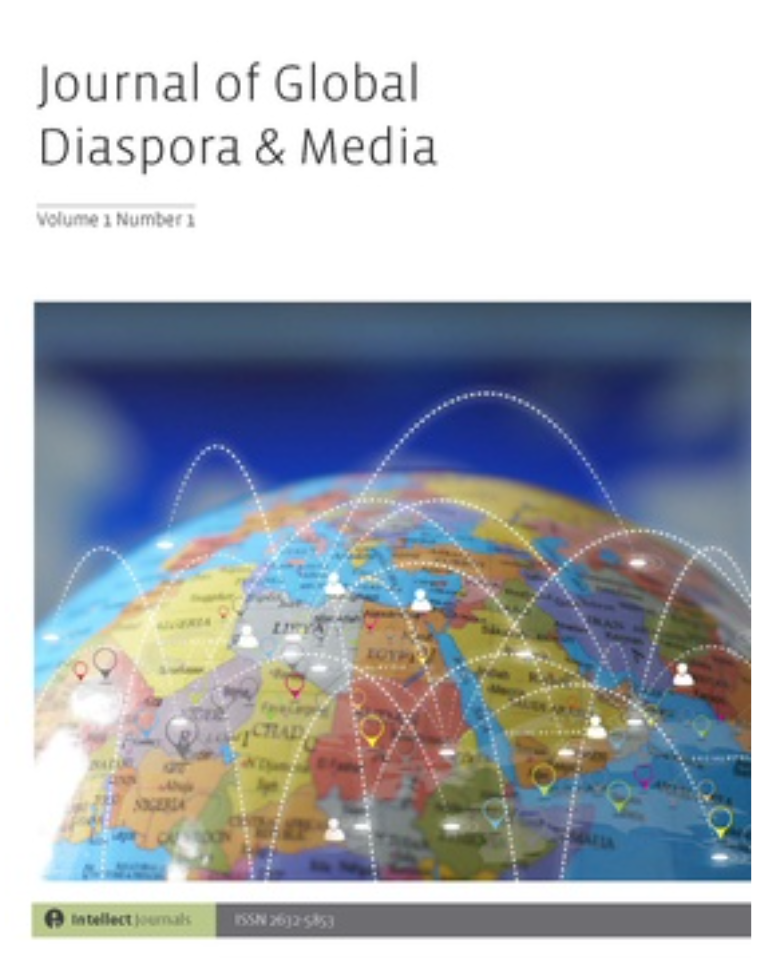 How to Shape Black Diasporic Identity in France by Reading (About) Literature
How to Shape Black Diasporic Identity in France by Reading (About) LiteratureThis article gives an overview of francophone African diasporic websites such as Africultures.com, africavivre.com and other digital magazines, networks and blogs that are present on different platforms. Taking recent novels, texts of liter- ary criticism, reviews and comments as examples, I analyse in what way they share in discourse about diasporic and migratory identity positions of Afropéens (‘Afropeans’) (and differ therein from other readings of the same novels). Methodologically, I draw on Stephen Greenblatt’s concepts of self-fashioning and circulation of social energy as well as on Pierre Bourdieu’s notion of the produc- tion of social capital. With respect to socially preformed discursive formation of Black people as an ostensibly homogeneous minority in the twenty-first century France, I refer to Pap Ndiaye’s ground-breaking study La condition noire from 2009 which closely analyses the complex situation of the Black migrant and post- migrant population. I focus on two narrative texts which are widely perceived both in France and on an international level: First, the autobiographically inspired novel Le Ventre de l’Atlantique (The Belly of the Atlantic) by Fatou Diome and second, Marie Ndiaye’s narrative triptych Trois femmes puissantes (Three Strong Women). Studying remarks and comments of literary criticism concern- ing these texts on francophone African diasporic websites, I raise the following questions: What relevance do these narrated characters (still) have today? To what extent do they shape the discourse of Black migrants in France? What kind of interpretation of the colonial history and context do they offer? And which emancipatory moments and decolonial strategies create a new, proper symbolic capital and, thus, add to the Imagined Community of ‘Noirs en France’ (‘Black people in France’)?
-
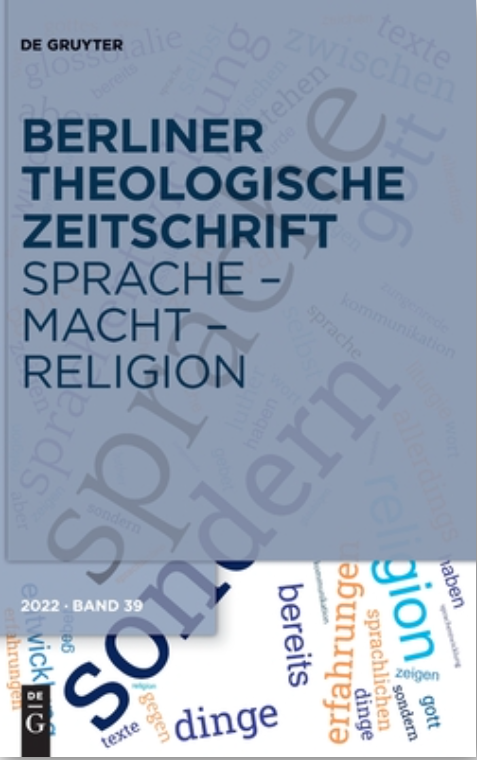 Religion im kolonialen Archiv
Religion im kolonialen Archiv
-
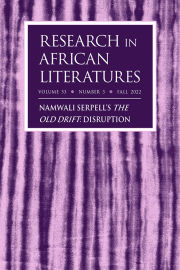 Namwali Serpell’s The Old Drift: Disruption (Special Issue)
Namwali Serpell’s The Old Drift: Disruption (Special Issue)Research in African Literatures, the premier journal of African literary studies worldwide, serves as a stimulating vehicle in English for research on the oral and written literatures of Africa. Reviews of current scholarly books are included in every number, and a forum offers readers the opportunity to respond to issues raised in articles and book reviews.
-
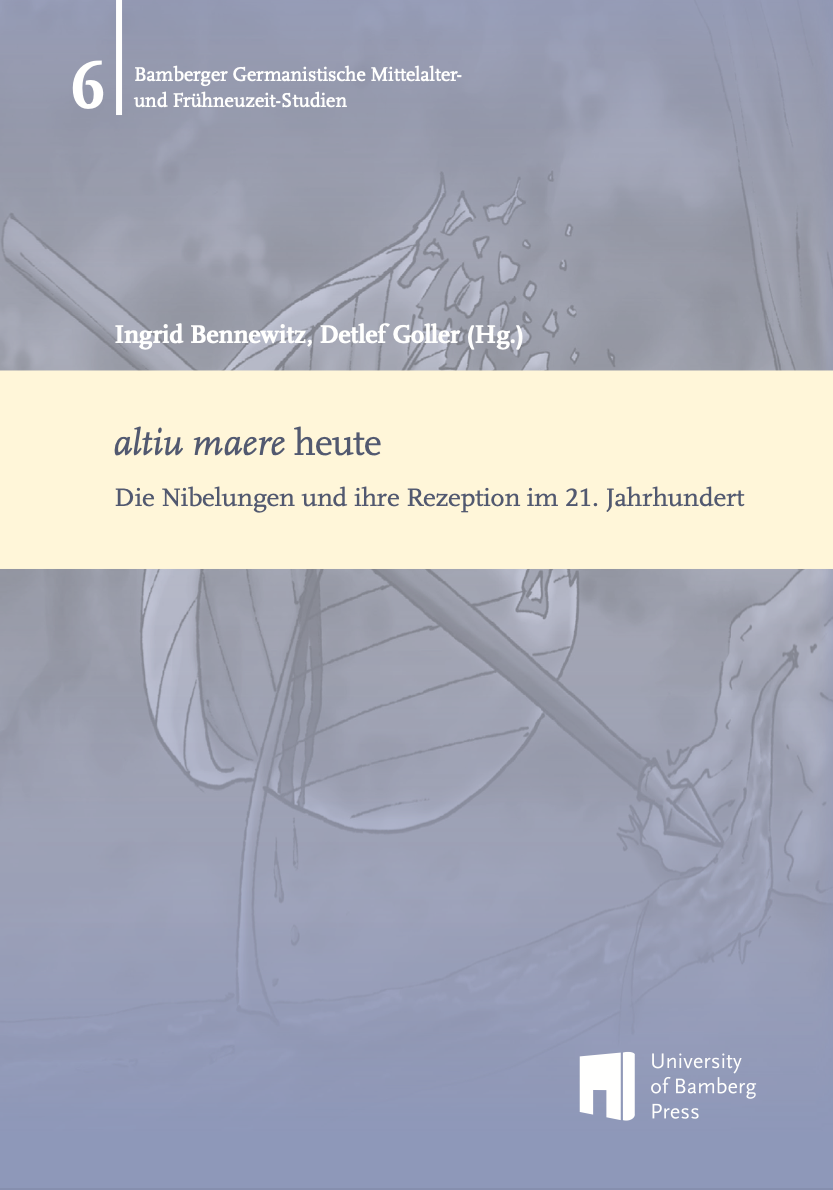 Kriemhild im 21. Jahrhundert. Variationen über eine widersprüchliche Figur
Kriemhild im 21. Jahrhundert. Variationen über eine widersprüchliche Figur
-
 Being “in-tact” and Well: Metaphysical and Phenomenological Annotations on Temporal Well-being
Being “in-tact” and Well: Metaphysical and Phenomenological Annotations on Temporal Well-beingDas Wohlbefinden hängt nicht nur davon ab, was geschieht, sondern auch davon, wann es geschieht. Es gibt zeitliche Aspekte des Wohlbefindens, und bei diesen Aspekten geht es größtenteils um relatives Timing – darum, „in-takt“ zu sein. Einerseits gibt es einen perspektivischen Aspekt, bei dem es darum geht, mit der eigenen Vergangenheit, Gegenwart und Zukunft oder, in einem weniger involvierten Sinne, mit dem eigenen Leben als Ganzem in Einklang zu stehen. Andererseits gibt es einen Synchronisationsaspekt des In-Kontakt-Seins; und dieser Aspekt tritt auf verschiedenen Ebenen auf: Es kann sich um die Angleichung zwischen verschiedenen zeitlichen Bereichen handeln – etwa zwischen der individuell wahrgenommenen Zeit und der physischen oder intersubjektiven Zeit. Oder es kann sich um einen einzelnen Bereich handeln, insbesondere um die innere Dynamik der individuellen Zeit. Die Gefahr, den relationalen Charakter dieser verschiedenen Zeitbereiche nicht zu erfahren und anzuerkennen, führt wahrscheinlich zu einem erheblichen Verlust an Vielfalt in der menschlichen Erfahrung. Wichtige Aspekte des subjektiven und intersubjektiven Erlebens könnten in den Hintergrund treten. Im vorliegenden Beitrag werden diese Aspekte des Wohlbefindens anhand von Unterscheidungen und Konzepten erörtert, die in der Metaphysik und der Phänomenologie der Zeit eine wichtige Rolle spielen. Damit zielt der Beitrag auch darauf ab, die bestehende Literatur zu ergänzen, indem er wichtige Stränge der aktuellen philosophischen Forschung zusammenführt.
-
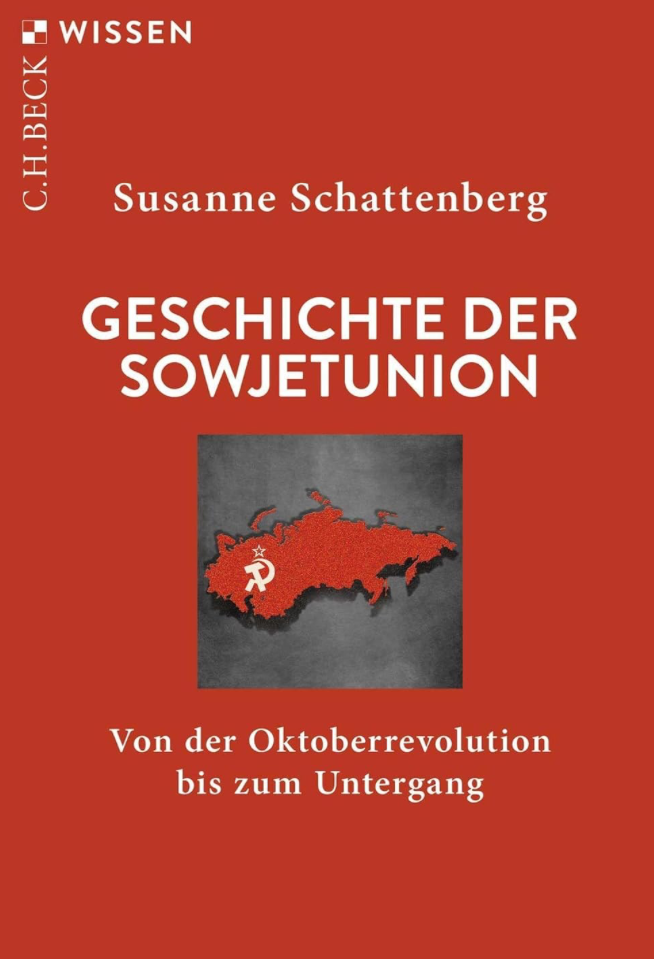 Geschichte der Sowjetunion. Von der Oktoberrevolution bis zum Untergang
Geschichte der Sowjetunion. Von der Oktoberrevolution bis zum UntergangNach den Revolutionen des Jahres 1917 und einem blutigen Bürgerkrieg wurde am 30. Dezember 1922 die Sowjetunion gegründet. Am 21. Dezember 1991 löste sie sich auf. Dazwischen liegen 69 Jahre, in denen sie die Welt prägte – durch den stalinistischen Terror, durch ihren Sieg über die Armeen Hitlerdeutschlands, als Atommacht im Kalten Krieg und mit Gorbatschows Entspannungspolitik. Bis heute lastet ihr Vermächtnis auf dem postsowjetischen Raum. Im Inneren brachte sie unter Stalin Hungersnöte, Deportationen, den Gulag und willkürliche Erschießungen. Aber gleichzeitig erfuhr das Land eine grundlegende Modernisierung, war der erste Mann im All ein Sowjetmensch. Susanne Schattenberg durchmisst die Jahre unter dem Sowjetstern und zeigt, wie sie bis heute nachwirken.
-
 Schichten von Geschichte in aktueller Nibelungenrezeption
Schichten von Geschichte in aktueller Nibelungenrezeption